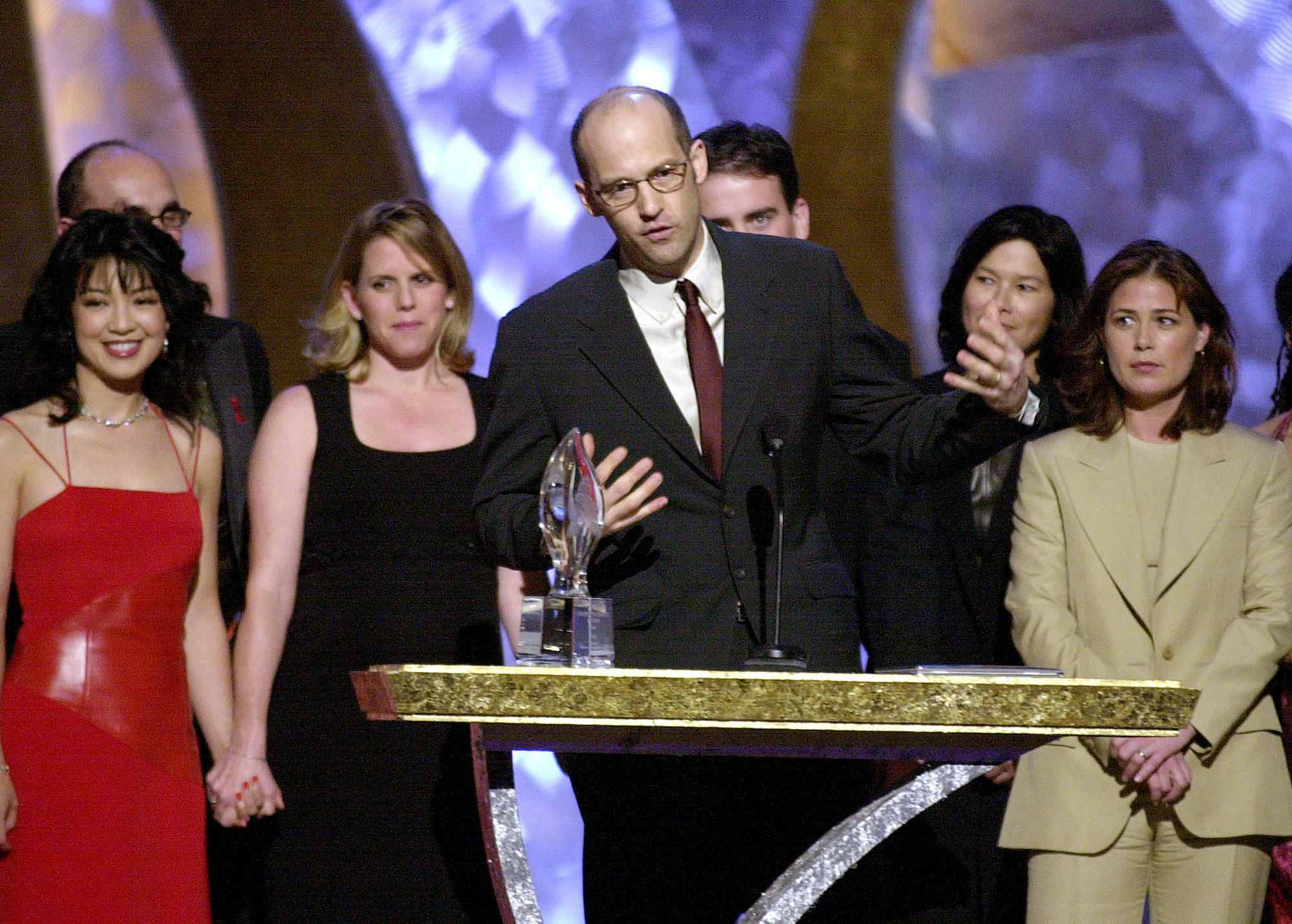“It is an exhausting and horrifying journey that I almost quit because it just takes way too much of a person,” Schultz said. “And to any person who has pursued justice and quit along the way, I get it. The system is not built for us. The system is built to protect certain people.”
As many as 95 per cent of male sexual violations go unreported, according to research cited in a review of scientific literature about male victims of sexual assault, published in April in the journal Behavioral Sciences. Four of five men who reported assaults regretted doing so, saying that police were often unsympathetic and disinterested and that the process just added more trauma.
The system is not built for us. The system is built to protect certain people
Men may fail to report sexual assault because of stigma, shame, guilt and embarrassment; fear of not being believed; privacy concerns; and worries that their sexual orientation or masculinity will be questioned, according to research cited in the article.
Prominent male sexual abuse and assault survivors have come forward in recent years, including actor Anthony Edwards, of “ER” fame, who serves as the board chair and national spokesperson for the non-profit 1in6 – so named because of research indicating that at least 1 in 6 men have experienced sexual abuse or assault.
Schultz, now 37, described a wrenching and maddening journey from assault, when they were just 23, to adjudication and beyond.

Schultz was an aspiring opera singer and a graduate student at Houston’s Rice University when they met David Daniels, a famous countertenor, and Scott Walters, a conductor, through the city’s music circles. Schultz remembers admiring Daniels for being a “proud gay man” in a conservative art form.
The two invited Schultz to the closing of the Houston Grand Opera’s “Xerxes,” in which Daniels was starring, Schultz said. Later that night at a cast party, the couple invited Schultz to their flat afterwards, cautioning the young singer not to tell anyone, lest others get jealous.
Schultz was handed a drink and later woke up in an unfamiliar room, naked and bleeding. Shock and then fear set in.
Schultz discussed the assault with relatives, friends and a therapist but did not go public until 2018, when the #MeToo movement provided more comfort in making a report.
‘MeToo is when men don’t pay’: South Korean presidential candidate’s wife
‘MeToo is when men don’t pay’: South Korean presidential candidate’s wife
Daniels and Walters were arrested in 2019 and maintained the encounter with Schultz was consensual until, just as the two were going to trial on charges of first-degree aggravated sexual assault, they accepted a deal to plead guilty to sexual assault of an adult, a second-degree felony. Both were sentenced to eight years’ probation and required to register as sex offenders.
The men still tell others in the opera community that they are not guilty, Schultz said, and that the plea was just to avoid prison. Schultz saw others in the opera community rally around the attackers, and was criticised for besmirching the reputation of prominent gay men.
Ted Gideonse, an associate professor teaching health, society and behaviour at the University of California, Irvine, noted that for gay and bisexual men, lines of consent have been historically muddy. That does not make it right. The long-time illicit nature of sexual encounters between men meant that by necessity they had to be coded.
Schultz sees some signs of things changing for men who report abuse.
Just last month, the BBC published a report after a two-year investigation that uncovered stories alleging that Mike Jeffries, the former CEO of clothing retailer Abercrombie & Fitch, used a middleman to exploit young adult men for sex at events he hosted at his home in New York and at hotels in Paris, London and elsewhere.
A dozen men described events involving sex acts that were run for Jeffries and his partner, Matthew Smith, from 2009 to 2015. Jeffries stepped down from Abercrombie & Fitch in 2014.
After Schultz first told his story, a man in his 60s heard it on the radio and realised he had been sexually assaulted in college, too.
“He wrote to me that he broke down crying at the breakfast table and for the first time started to understand what had happened to him when he was in college,” Schultz said. “And I think a lot of men push experiences away so they don’t ever have to deal with them.”


